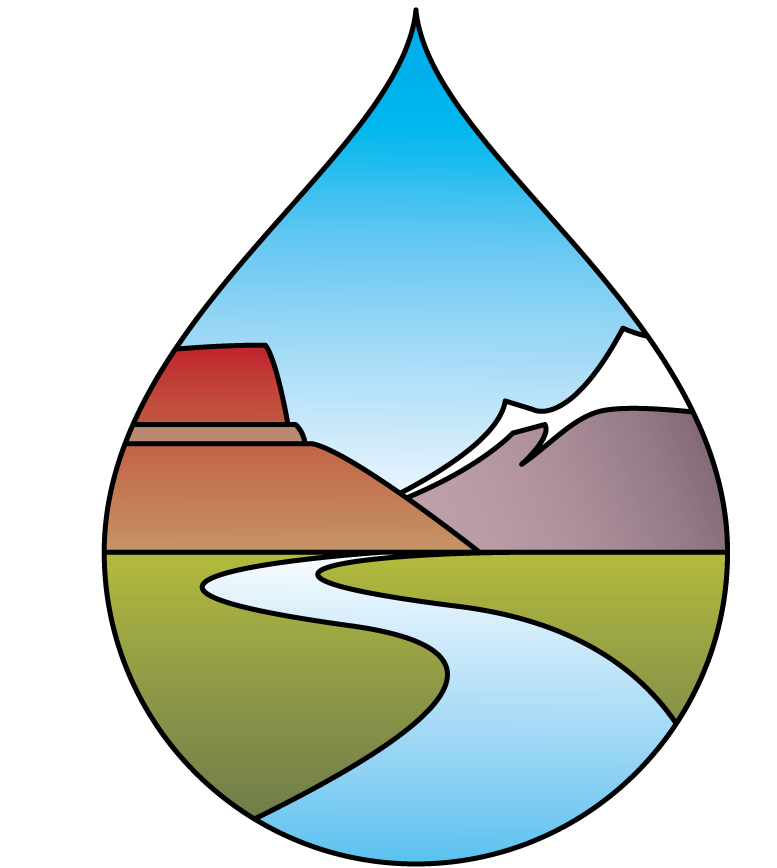Open Knowledge International defines “Open Data” as follows:
Data is open if it can be freely accessed, used, modified and shared by anyone for any purpose – subject only, at most, to requirements to provide attribution and/or share-alike.
Open data requires that the data be:
- Legally open: it is available under an open (data) license that permits anyone to access, reuse and redistribute freely
- Technically open: the data is available for no more than the cost of reproduction and in machine-readable and bulk form.
Several of the most important aspects of Open Data are:
- Availability and Access
- Re-use and Redistribution
- Universal Participation
- Interoperability
Interoperability denotes the ability of diverse systems and organizations to work together (inter-operate). In this case, it is the ability to interoperate – or intermix – different datasets. WaDE facilitates user access to government and agency water data and ensures interoperability by publishing the data in a widely used XML format. The primary goal of WaDE is to create an improved water data infrastructure that will support the more sustainable management of water resources in the Western States. Making water data available will help address concerns such as: How much water is available? And how is this water being used? WaDE enables data sharing between multiple agencies, scales, and purposes to address these important concerns.
This information has been modified from the original content provided by Open Knowledge International under a CC Attribution 4.0 International License.
Additional Resources
- Open Knowledge International’s Open Data Handbook
- Advisory Committee for Water Information’s Open Water Data Initiative

0 Comments